Education
Knowledge about cities is crucial. More than half of the world’s population currently lives in urban areas and, as a result, the history and theory of urban design is undergoing a phase of rich experimentation. The Chair of the History and Theory of Urban Design accordingly investigates the histories and theories of urban development as critical and prospective capacities, which can forge connections in the present between the past and the future.
The Chair of the History and Theory of Urban Design offers a range of lectures and seminars on the understanding of the histories, contemporary conditions and future possibilities of urban development. It aims to reclaim the history of urban design as a cross-cultural field of knowledge that engages with the architecture of the city as an integrator of scientific, economic and technical innovation, as well as of social and cultural progress.
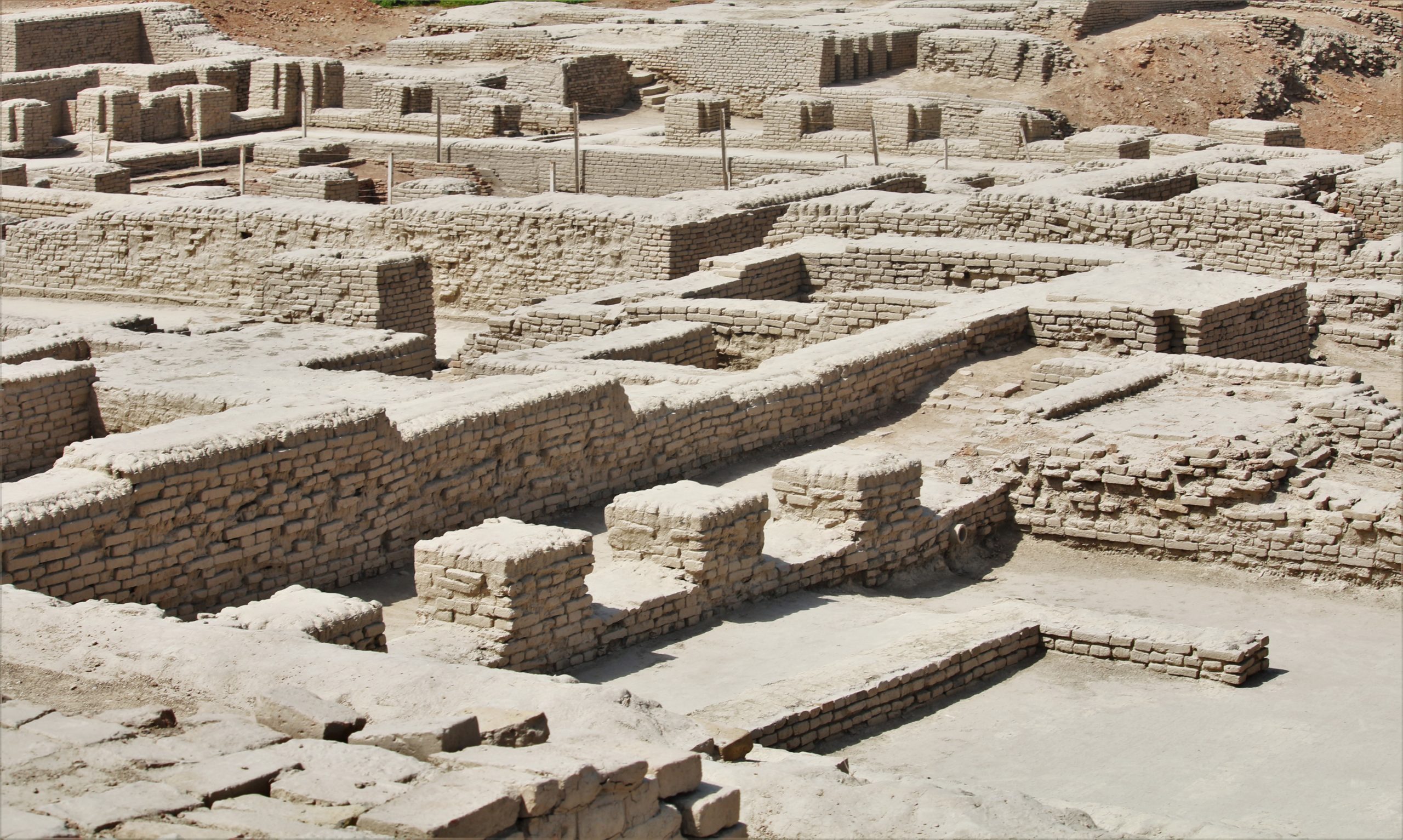
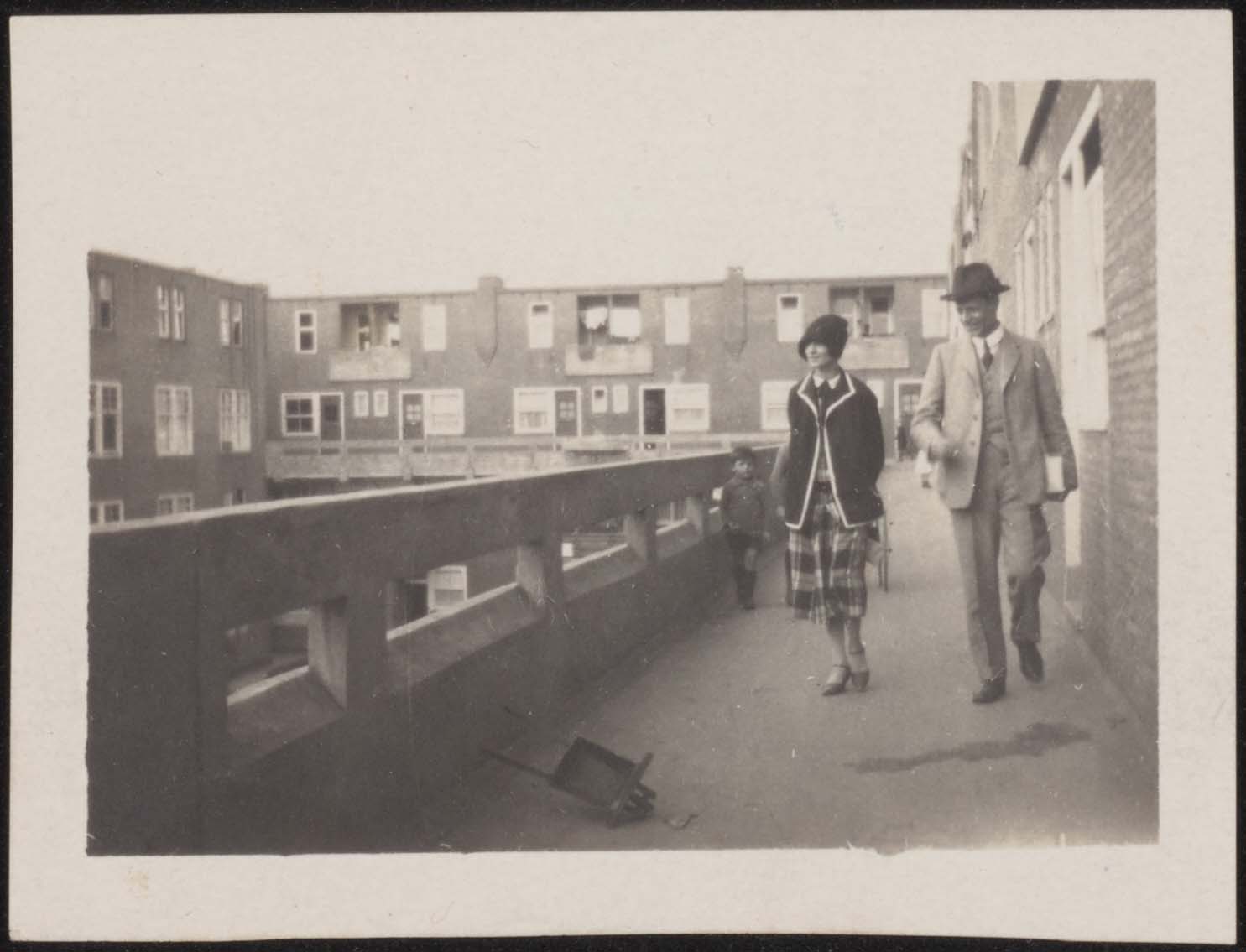


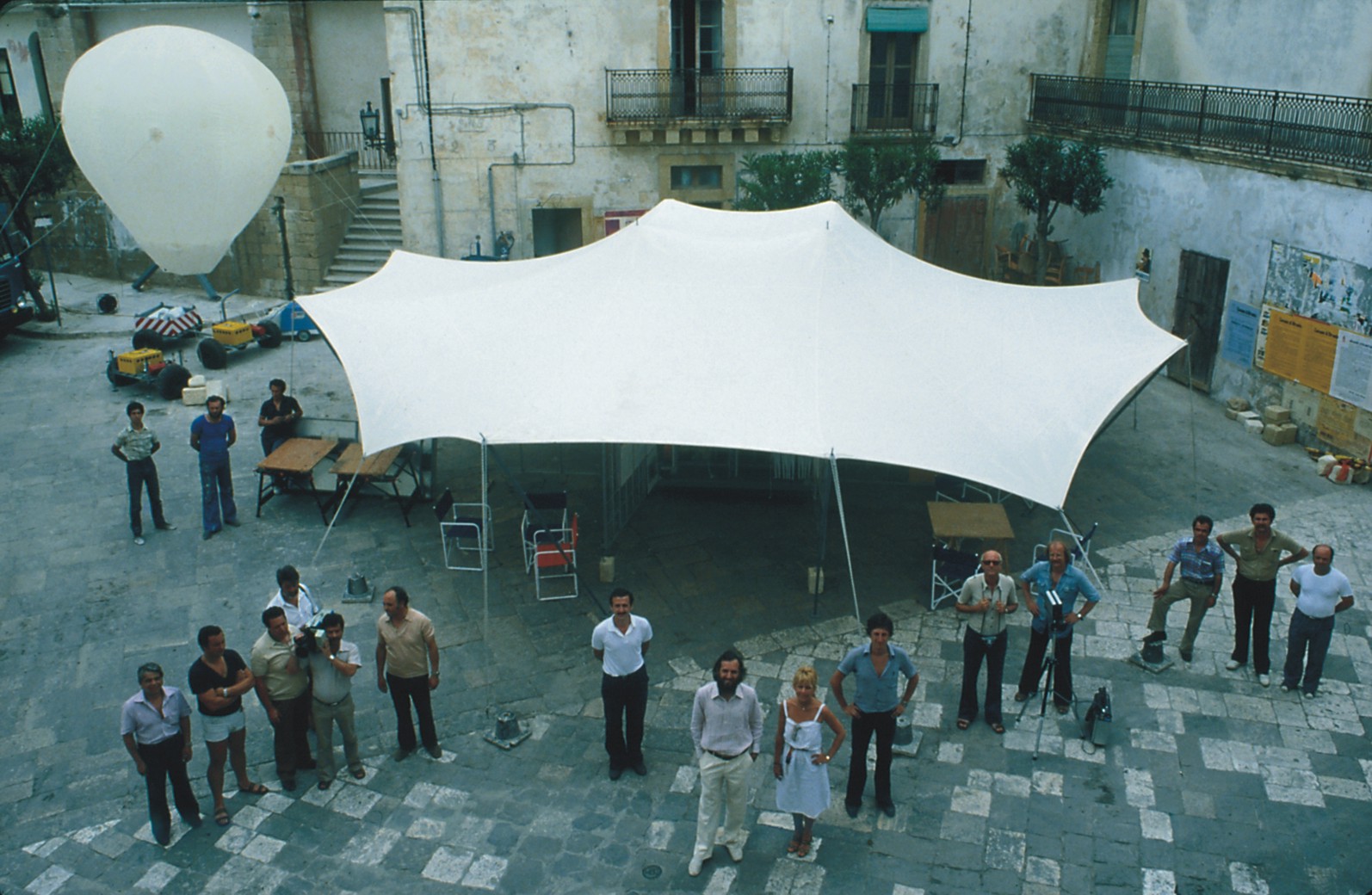
Unesco Laboratorio di quartiere a Otranto (1979) by Studio Piano & Rice © Gianni Berengo Gardin.
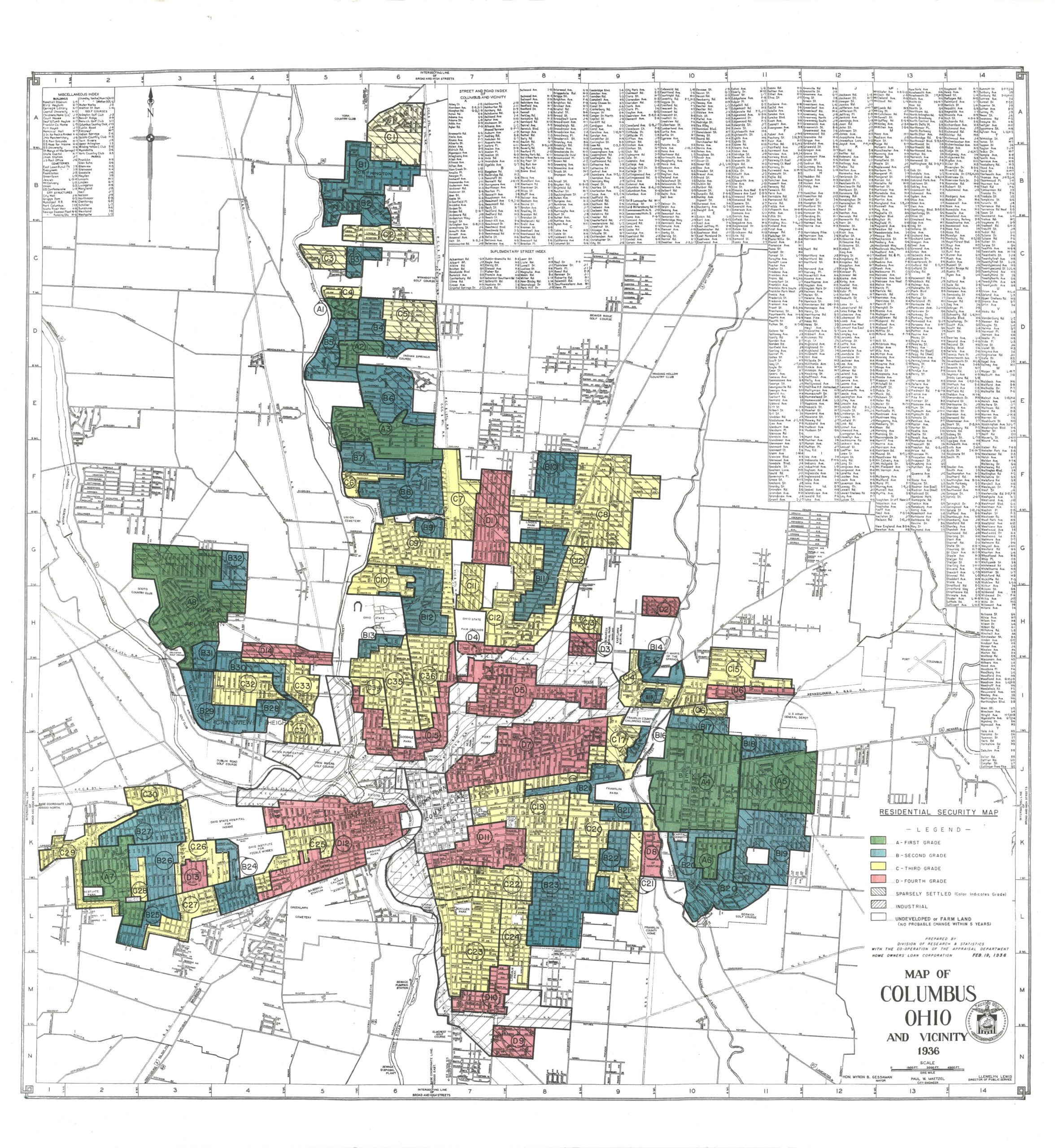
Columbus redlining map, 1936, U.S. Government.
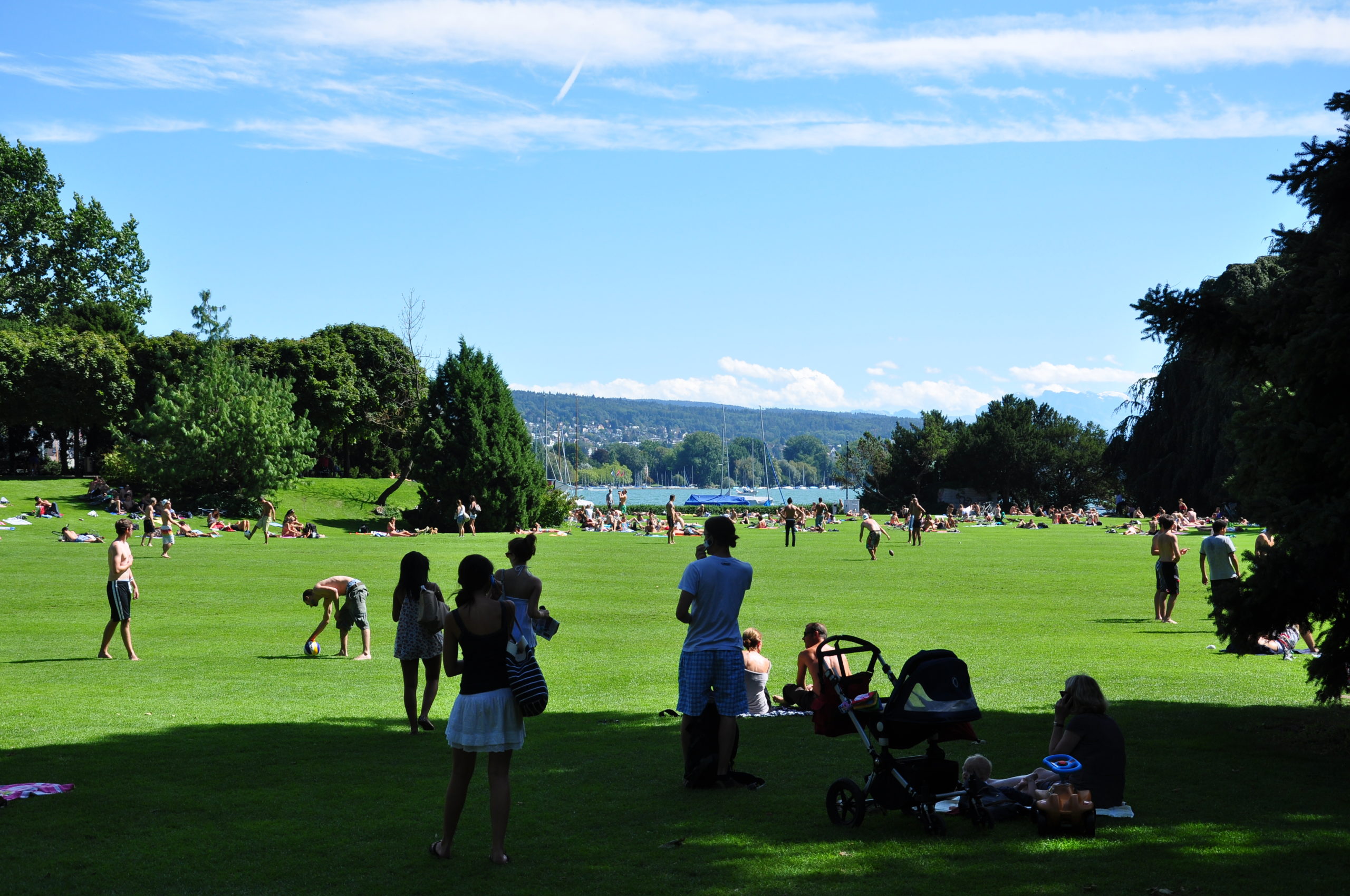
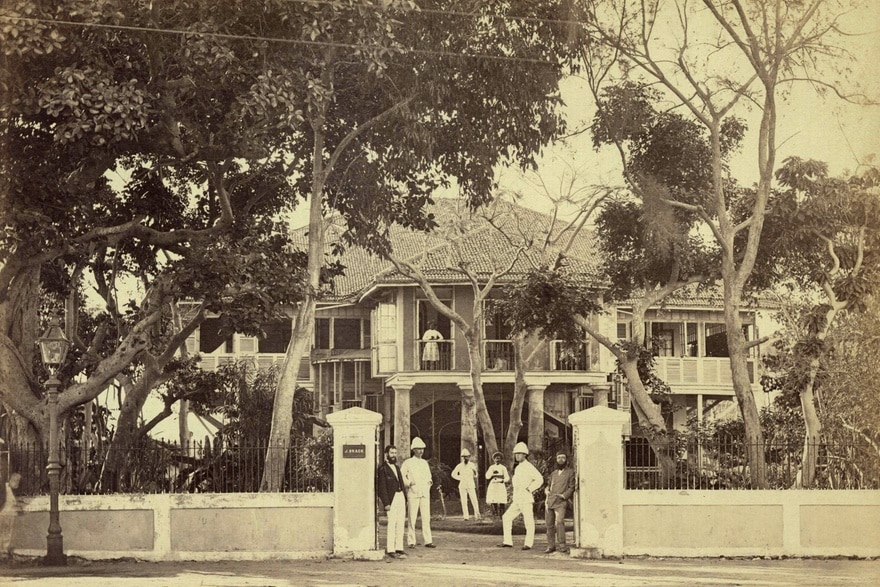
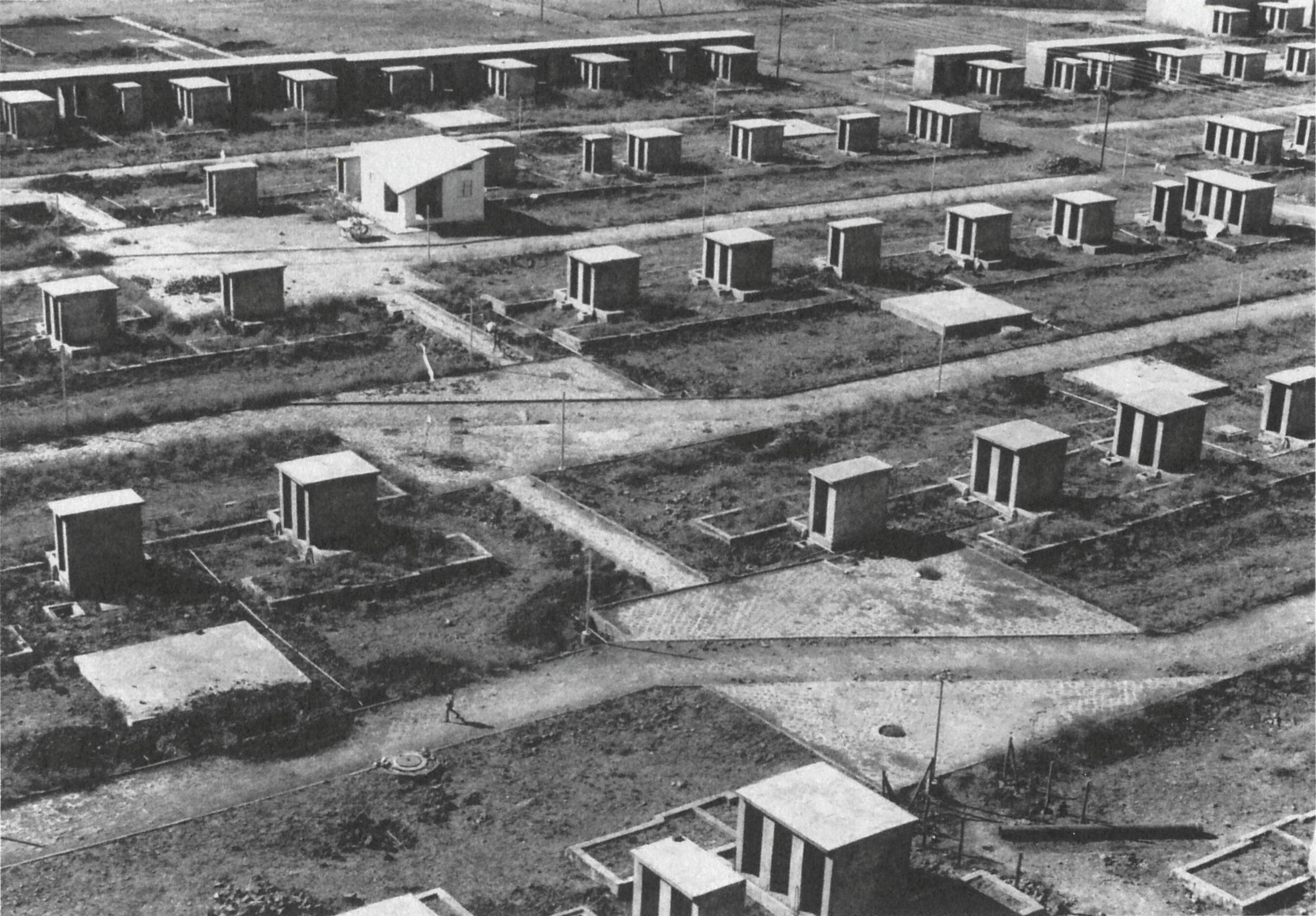

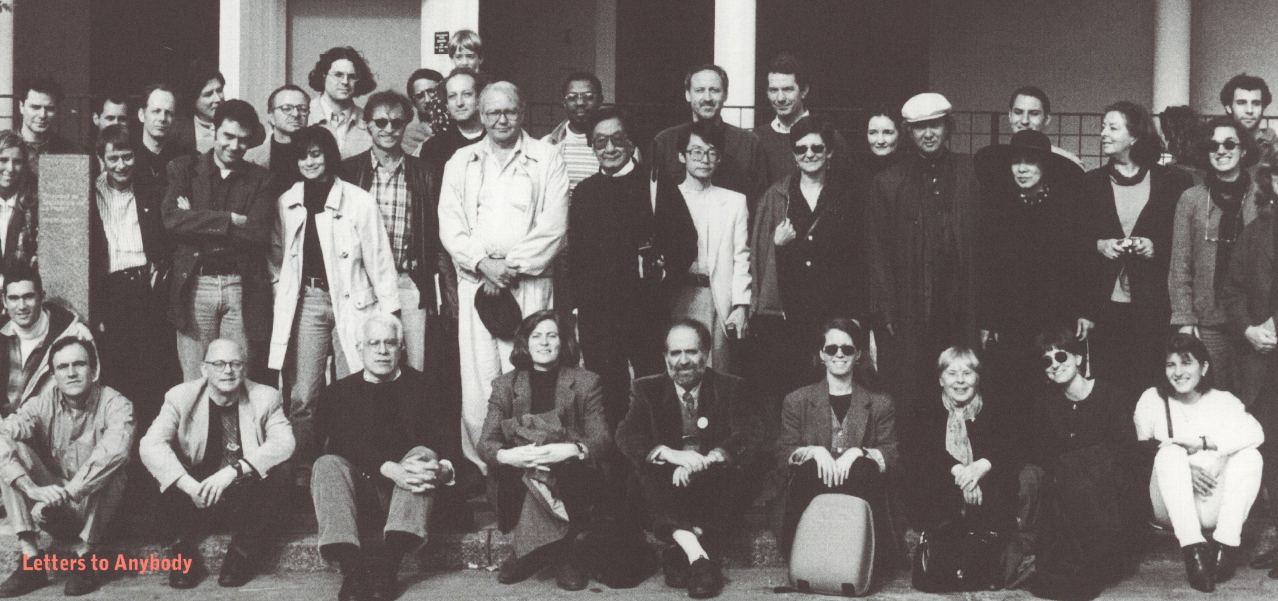

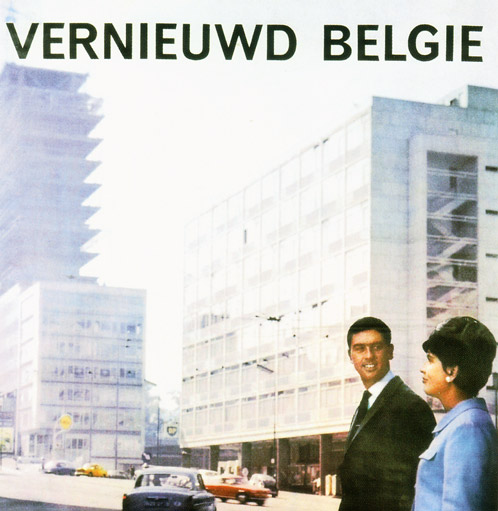

test caption here.
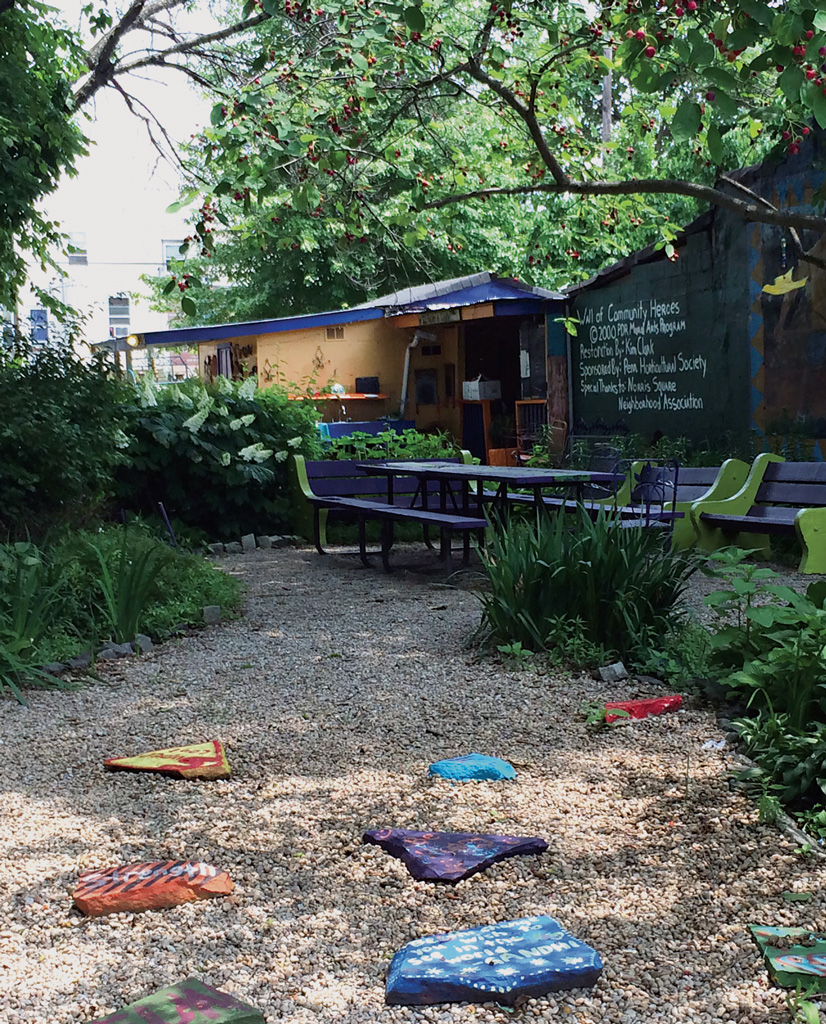





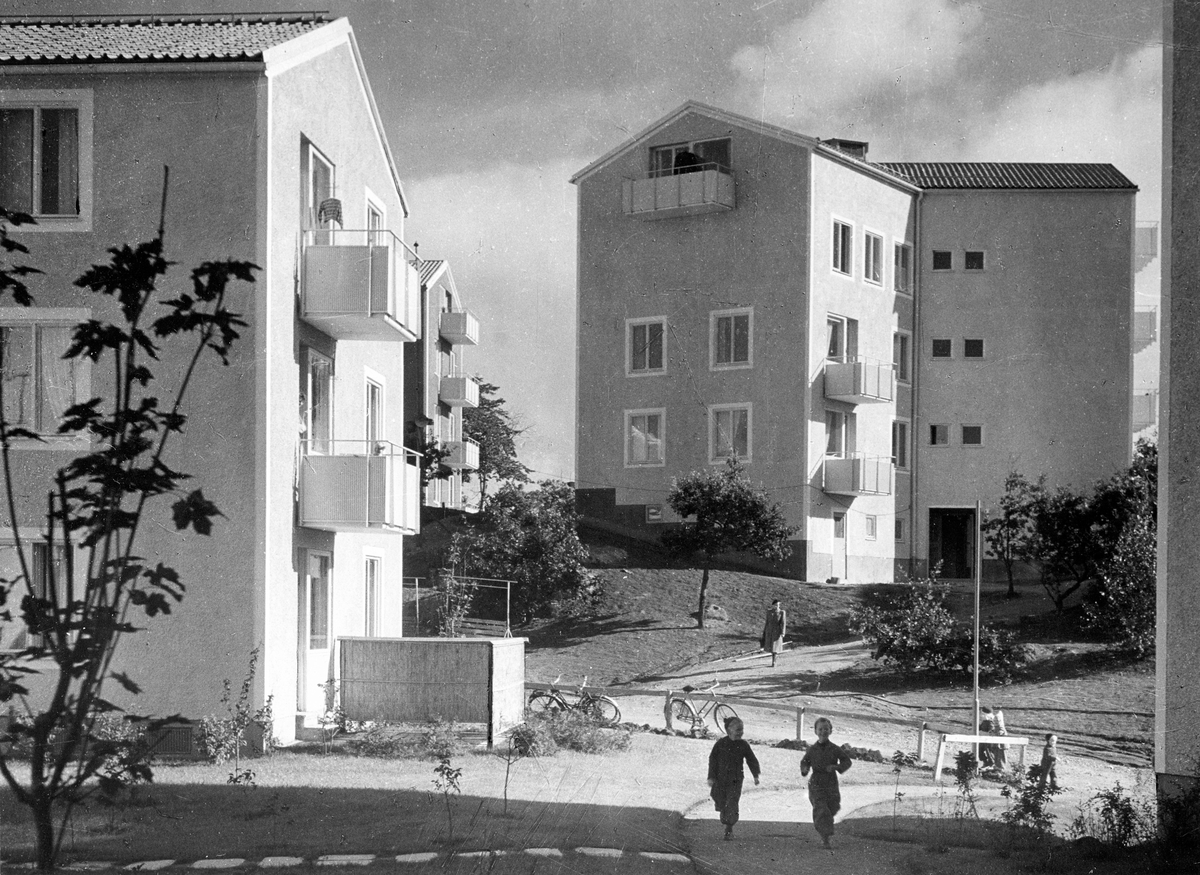
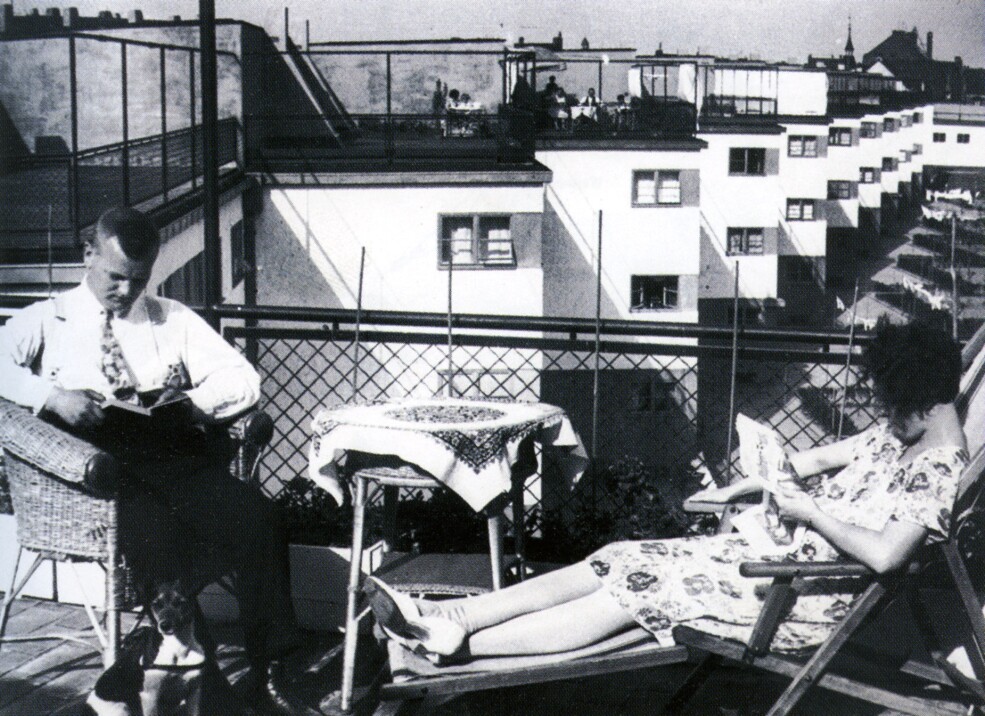
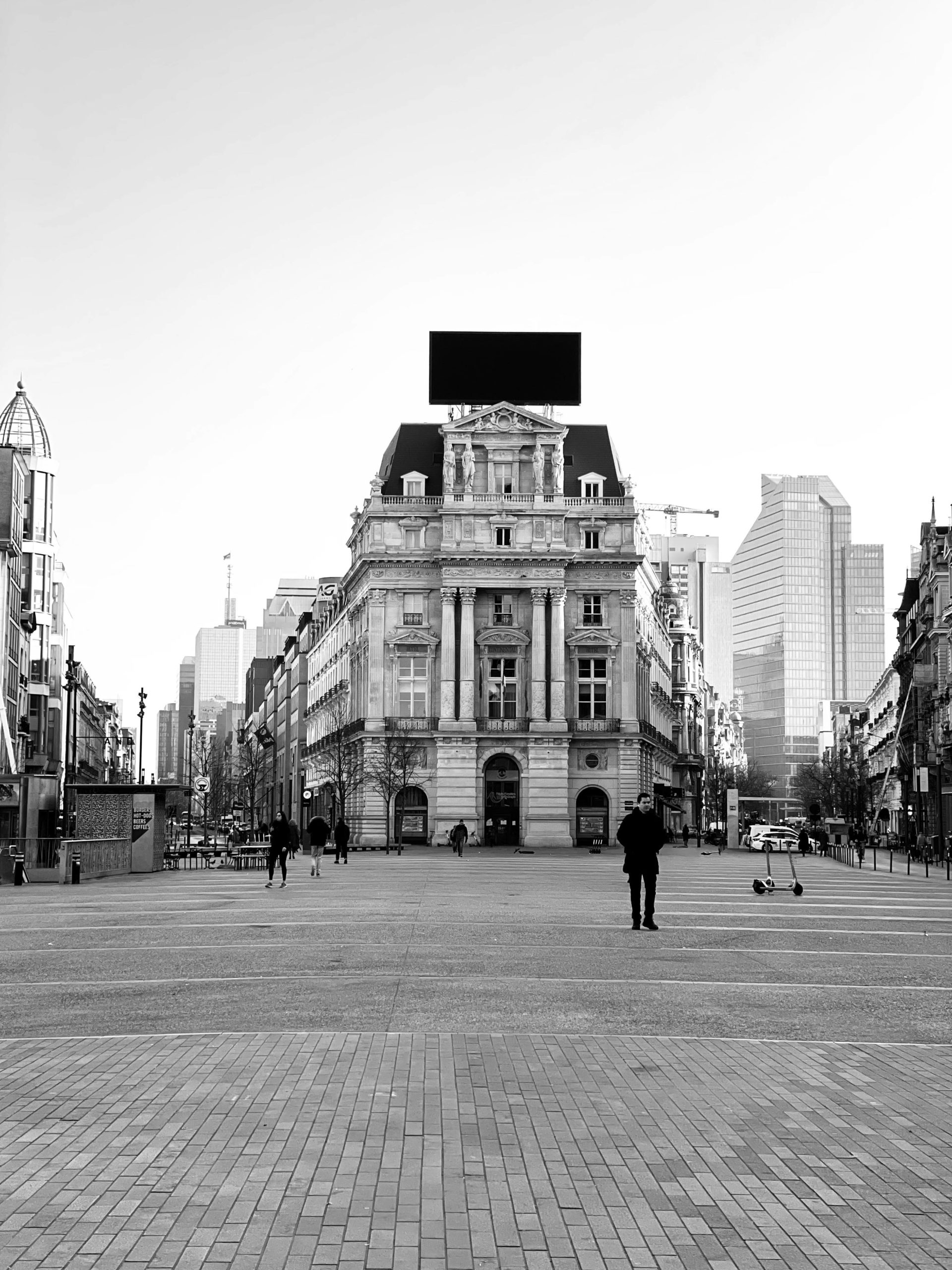
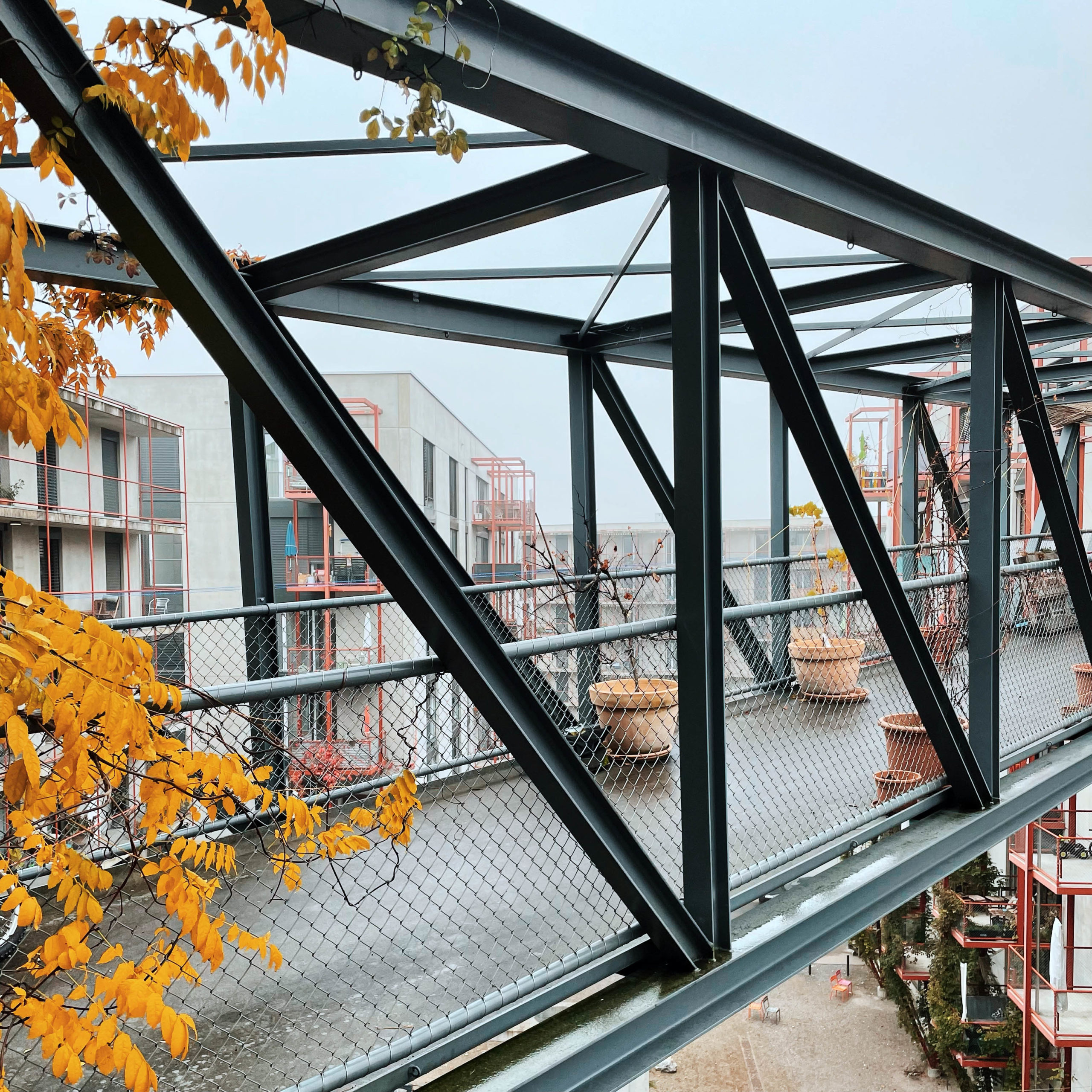
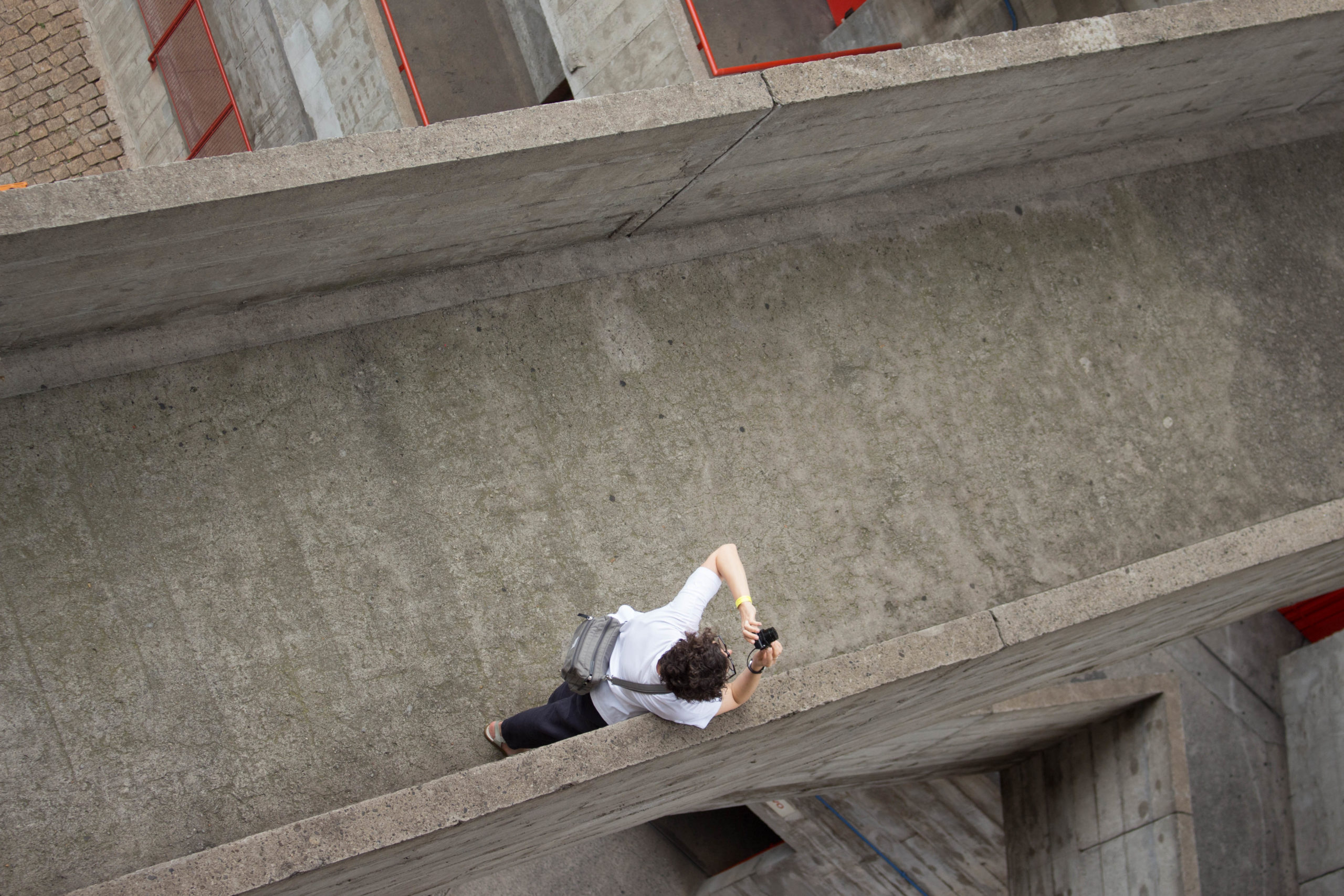
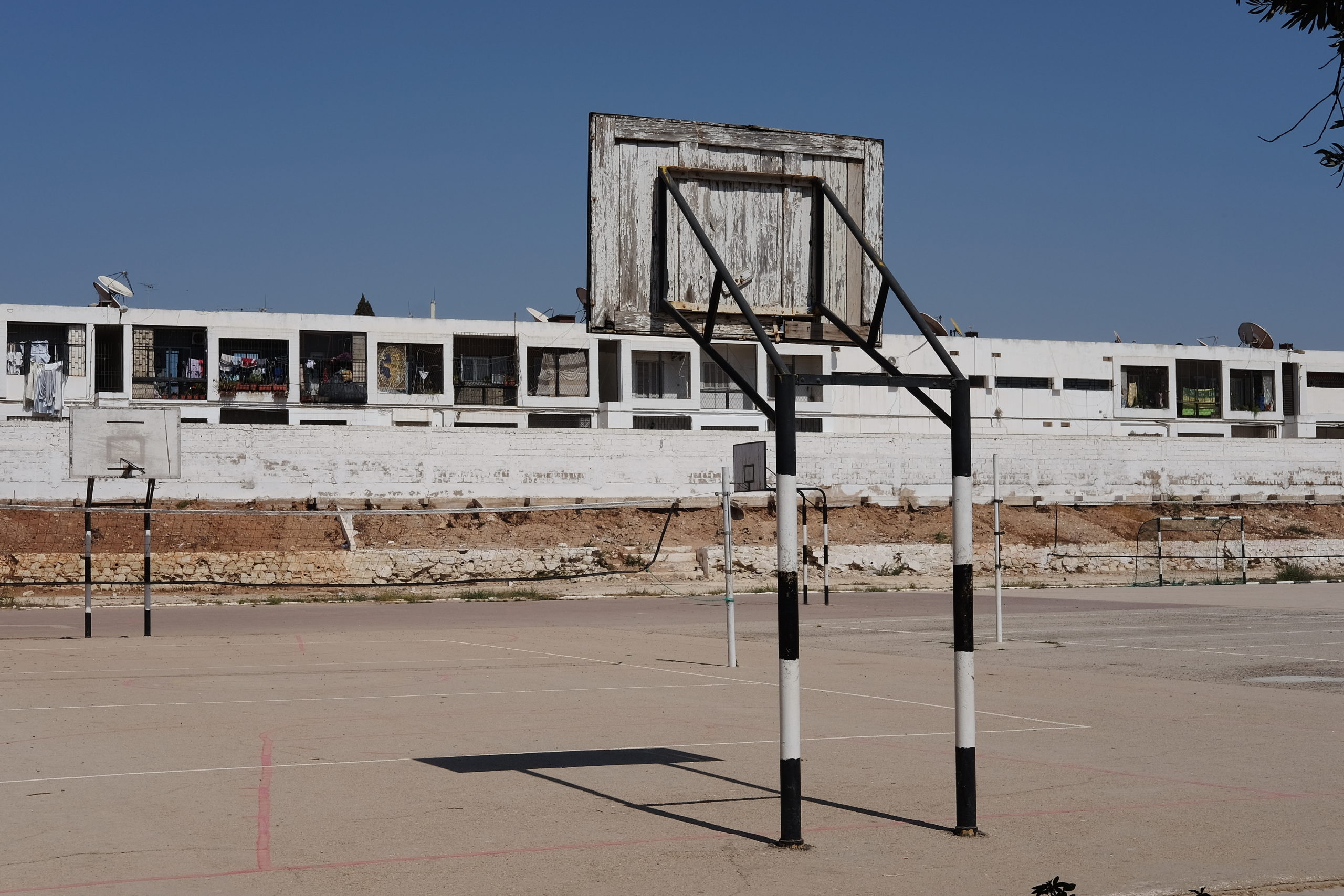
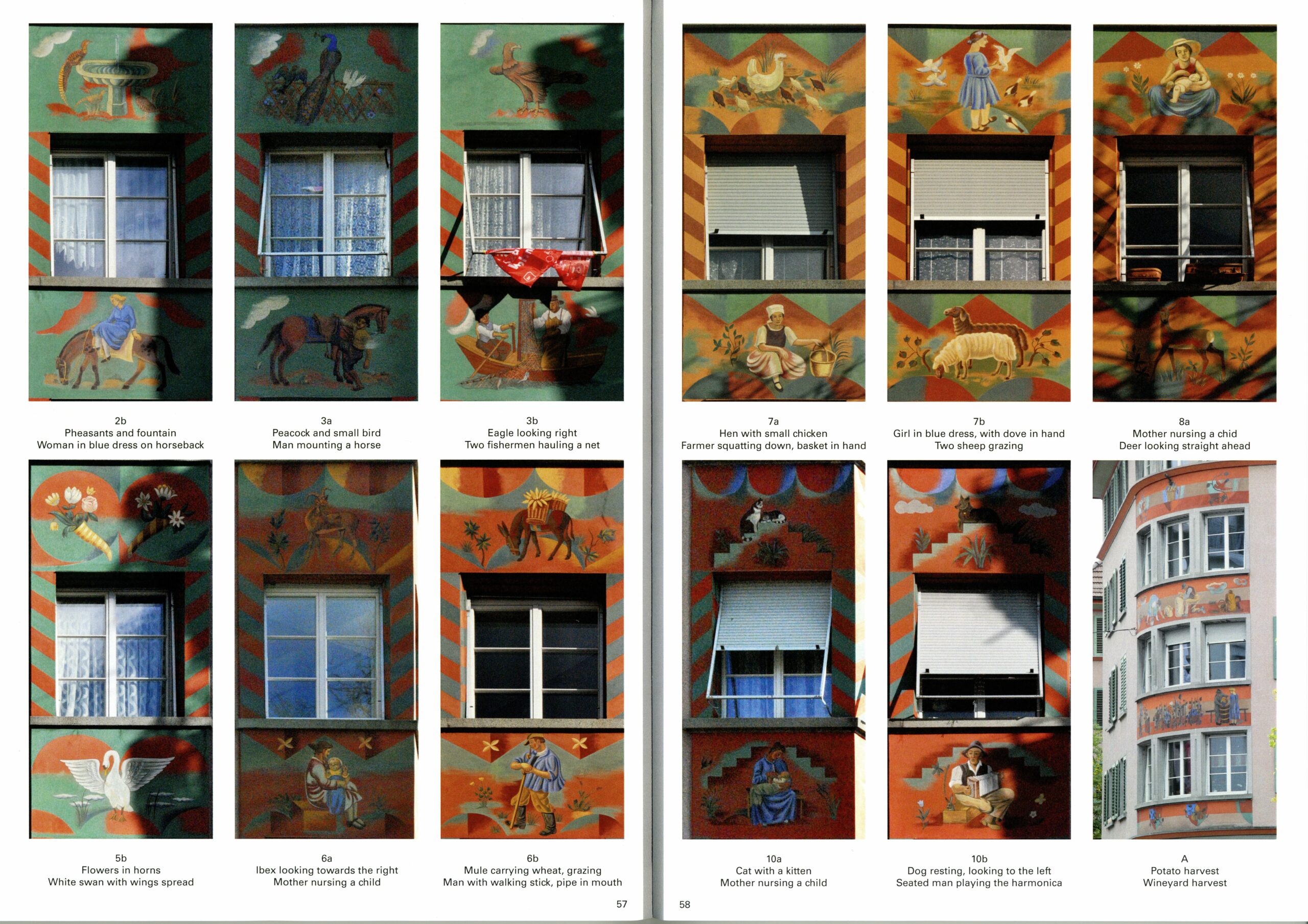

Netherlands, Rotterdam, 13 September 2021. Het Nieuwe Instituut at during Het Nieuwe Instituut. Photo: ©Marwan Magroun
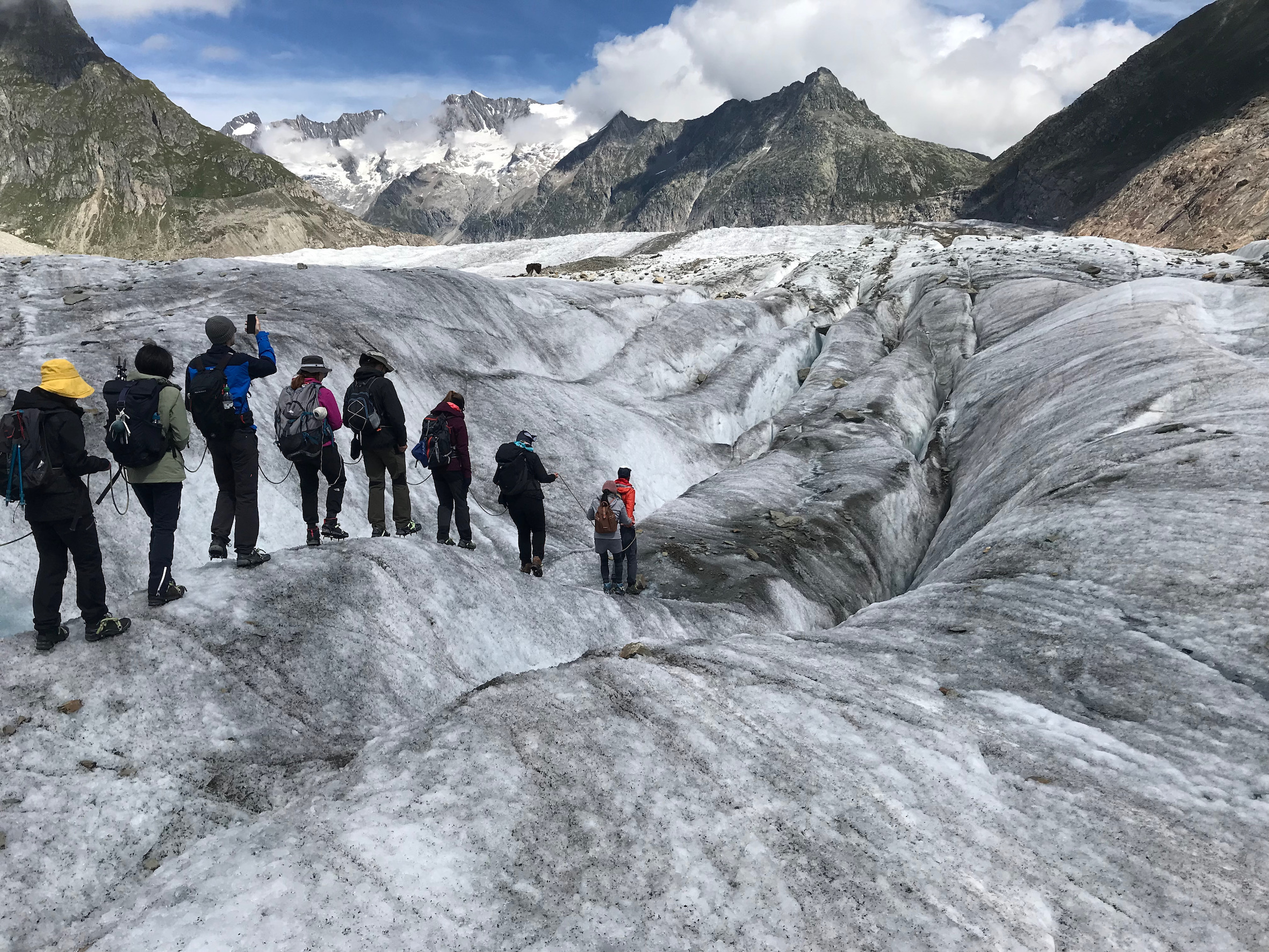
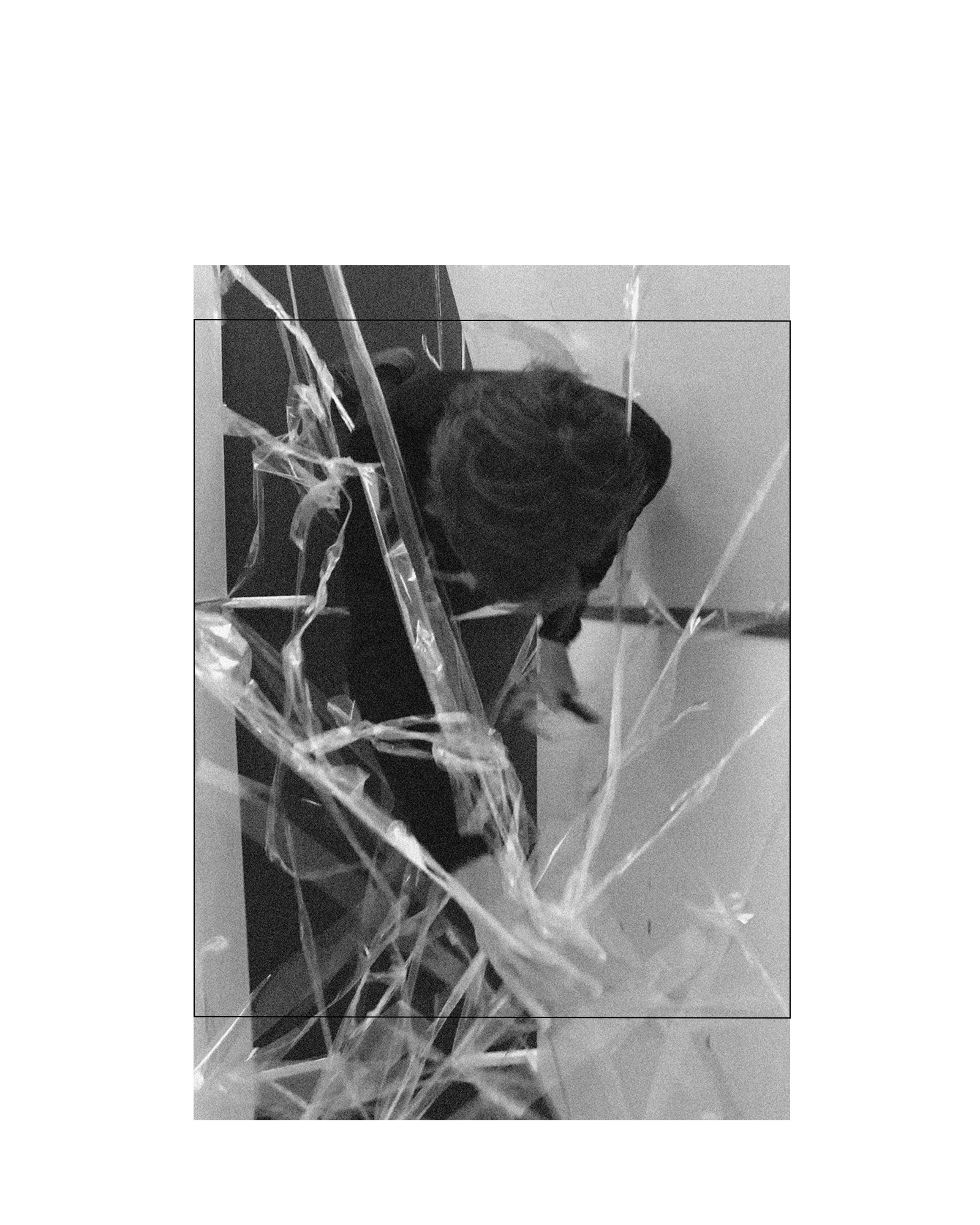
-
A Global History of Urban Design I
-
A Global History of Urban Design II
-
Fundamentals of the History and Theory of Architecture I+II
-
Global Theories of Urban Design
History and Theory of Architecture VIII -
1990's Theories that Inspired Architecture
History and Theory in Architecture IX -
Urban Challenges and the Agency of Architecture
History and Theory in Architecture IX -
Zurich Commons
-
Swiss Coloniality
-
Sites and Services
-
Architects on a Mission
-
Unlocking a Multidisciplinary Discourse
-
Commons Underground
-
Politics of Urban Design
-
Her Agency
-
Gentrification & Public Space
-
Smart Cities & Public Space
-
Capital Investment, Fear & Public Space
-
The View from the Car
-
Visions of Urban Living
-
City Portraits
-
Designing Urban Welfare
Stockholm -
Das Neue Frankfurt
Frankfurt -
Material Circulation and the City
Belgium and Switzerland -
The Commons and the Co-ops
Basel and Zürich -
The Commons and the Production of Everyday Life
Sao Paolo -
The Commons and the Modern Afropolis
Agadir Casablanca -
Focus Works
-
Re-enacting Tacit Knowledge
20th Century Architecture Summer Schools -
Transects Through Alpine Water Landscapes
Alpine Water Landscape in the Field -
Visualizing the Architecture Competition as ‘Contact Zone’